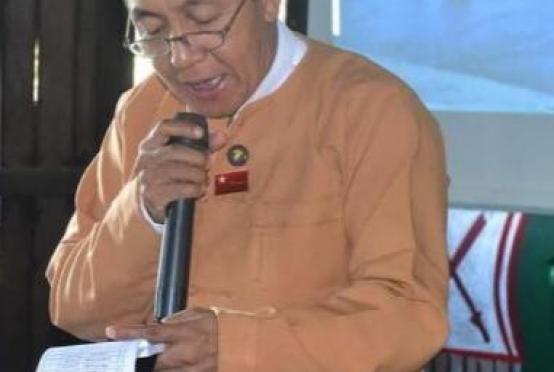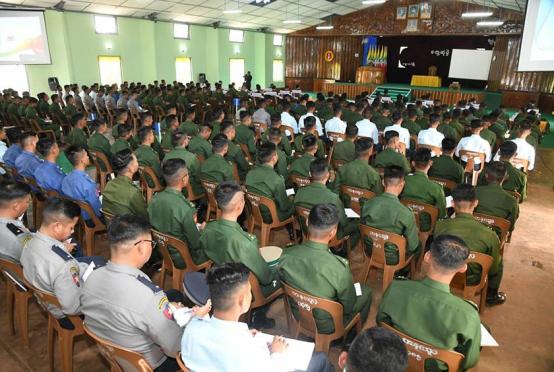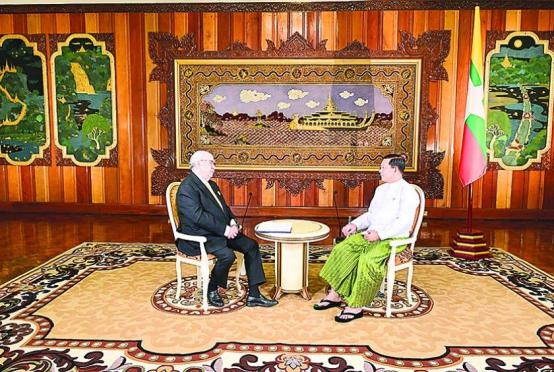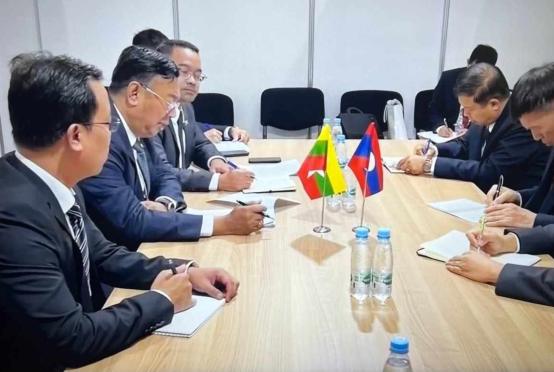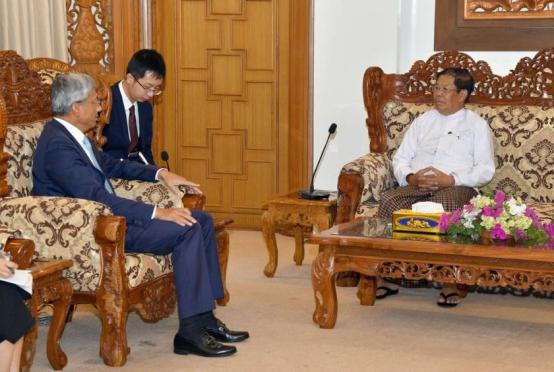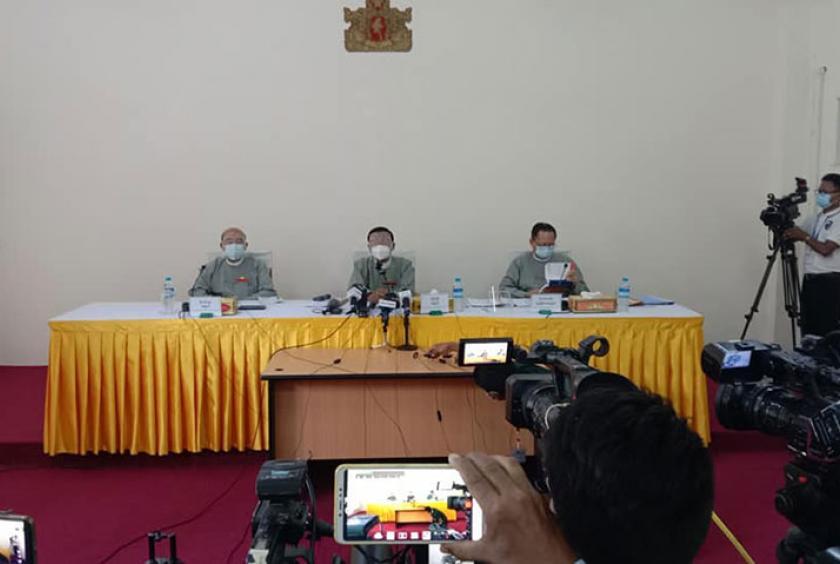
Nineteen political parties including the Union Solidarity and Development Party have signed an open letter to the President calling for an investigation and action against the Union Election Commission (UEC) for its failure to hold a free and fair election and perform well in its duties entrusted by the constitution.
Signed by leaders of the 19 parties including USDP chair Than Htay, Democratic Party of National Politics chair Soe Maung, New National Democracy Party chair Thein Nyunt, National Development Party chair Dr Nay Zin Latt, Democratic Party (Myanmar) vice chair Tint Swe and New Era People’s Party chair Tun Aung Kyaw, the letter was sent to the President on November 25.
The UEC’s unfair act, decision and supervision have led to the loss of rights for the citizens as well as the political parties in terms of quality, justice and freedom. And it has also posed an obstacle to the emergence of genuine and disciplined multi-party democracy, the letter says.
Despite 16 political parties’ demand for the formation of an independent investigation commission, the election commission has failed to respond. Therefore, the rights of a citizen prescribed as Section 21 (a) of the constitution are losing, the letter points out.
The UEC was formed as per Section 398 of the constitution. It says members of the commission shall have integrity and experience. They must be loyal to the State and the people while they must not be political party members.
The letter highlights the duties of the UEC as holding parliamentary elections, supervising parliamentary elections, forming different levels of sub-commissions and supervising thereof designating and amending the constituencies, compiling lists of voters and amending thereof; postponing elections of the constituencies where a free and fair election cannot be held due to natural disaster or due to local security situation, prescribing rules relating to elections or political parties in accord with the provisions of this constitution, and procedures, directives, so forth, in accord with the relevant laws, constituting the election tribunals for trial of disputes relating to election in accord with the law and performing duties assigned under a law.
However, a lot of unfairness and irregularities surfaced in the 2020 general election, so the recent election could not be recognized as a free, fair and transparent one, the letter says.
Due to the commission’s lack of close supervision and its weaknesses, confusions occurred such as no chance to monitor voter list compilation and distribution and check and amend incorrect voter lists, its failure to make announcements on a timely basis and difficulties faced by polling station representatives in their monitoring process, the letter says.
The letter also points out other weaknesses such as lack of precise policy on advance voting, transport of advance votes and designation of secure or discarded votes. As the commission lacked suitable procedures, the advance ballots cast by about 7 million elderly voters, about 2 million migrant voters in foreign counties and local migrant voters were dubious, the letter says.

